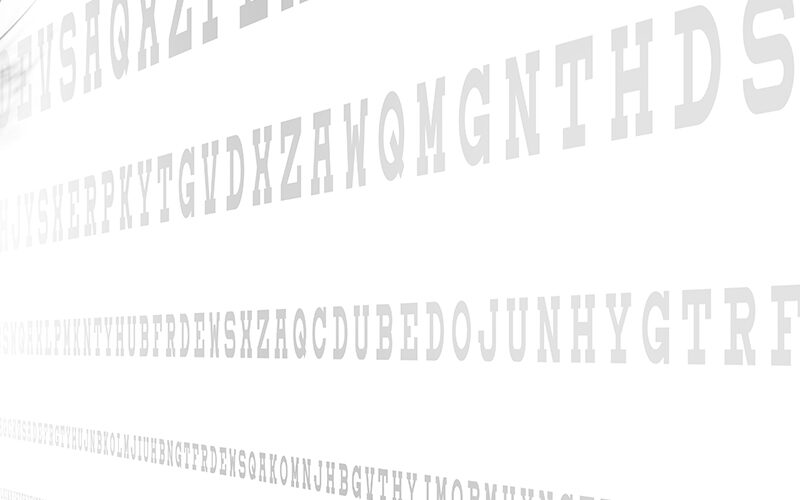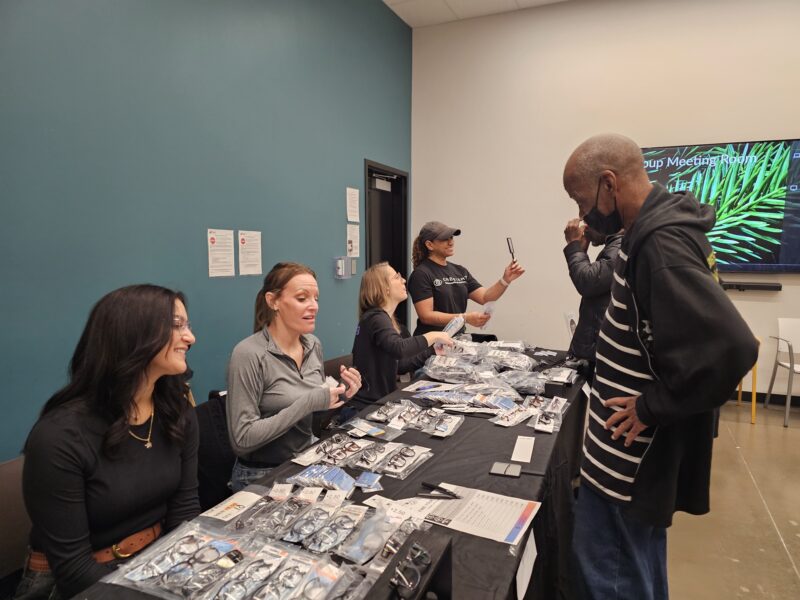With all eyes focused on the Coronavirus, it is easy to forget that people still have other health concerns and needs. The Vision Council had the chance to speak with Dr. Kyle Sexton, OD to get his perspective on eyecare during the COVID-19 pandemic.
Dr. Sexton has been practicing Optometry since 2004 and is the CEO of Sexton Vision Group in Washington state. He is a member of the Alldocs Board of Directors, a Clinical Research optometrist for Multicare Health Systems and graduated with distinction from Pacific University College of Optometry.

What are you seeing in your practice now related to eye health?
We have had quite a few patients call in with sudden onset of large floaters and flashes in their vision. This is not always indicative of a serious problem, but it is a set of symptoms that cannot be ignored and must be checked out by a doctor.
What can floaters be a symptom of?
There are a wide range of causes for floaters and they can vary significantly in terms of urgency. While some floaters may go away on their own, others could be caused by severe injuries such as a retinal tear or detachment. Whenever the presence of new or increased floaters is detected, a full retinal examination is the only way to rule out retinal complications.
How can an optometrist help with this?
An optometrist can detect (or rule out) any vision-threatening complications. Seeing an optometrist should be the first step for situations such as this and can often prevent a trip to the hospital.
What other concerns are patients having right now?
We’re also diving into allergy season. Acute allergic reactions need to be addressed to prevent complications that can arise if ignored, especially in the case of contact lens wearers.
Speaking of contact lenses, there has been a lot of information about using them during the COVID-19 crisis. Is it okay to continue to wear contact lenses?
The CDC says that there is no evidence to suggest that contact lens wearers are at any greater risk than glasses wearers of contracting COVID-19. Still, contact lens wearers must strictly adhere to the recommendations of their doctor when it comes to the handling, cleaning, and disinfecting of their contact lenses.
Wearing a mask in public to cover your nose and mouth is recommended by the CDC, is there anything special we should be doing to protect our eyes?
Your eye is essentially an exposed mucus membrane. If you are in contact with anyone that could possibly expose you to COVID-19, clear eye protection should be used to prevent projectile vapor from contacting the ocular surface.
We are all so grateful to those on the front line – including optometrists – how are you able to support health care workers and patients during this time?
Many of our emergency patients have been health care workers, working in the hospital setting with urgent needs. Those needs have included digital eye strain from being in front of a computer terminal for an extended shift, broken glasses, and an acute ocular concern that occurred on the job at the hospital. Our priority is to take care of any urgent needs they have and let them get back to work.
You can learn more about Dr. Sexton and Sexton Vision Group at sextonvisiongroup.com. Follow them on Facebook.






